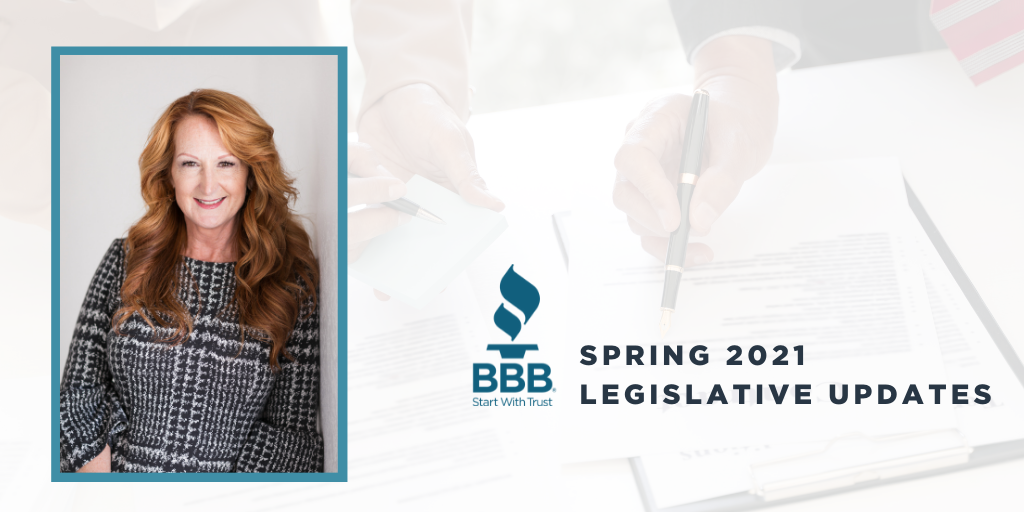
Sherry Jordan, President & CEO at the Edmond Area Chamber of Commerce
With Sine Die looming, Oklahoma legislators are making one last push to get their bills completed by the official adjournment at 5 p.m. on Friday, May 28.
The biggest (and most time-consuming) responsibility of the state legislature is to create and approve the FY-2022 budget. Despite the COVID pandemic and unexpected industry shutdowns, lawmakers are planning contribute $300 million to our state savings accounts and cut tax rates for corporations and individuals.
Both direct and indirect COVID relief and stimulus funds from the federal government provided a $1.6 billion surplus, allowing the state to increase economic incentives, slash taxes and reduce classroom sizes with additional education funding.
Another major focus this session was redistricting based on data from the 2020 Census. The pandemic forced delays from the Census Bureau, putting legislators months behind on updates to Congressional seats and the redrawing of local districts. Oklahoma saw a population growth of 5.5% and will continue to have five seats in the U.S. House of Congress, The state constitution requires legislators to pass a redistricting placeholder bill by May 28, but a special session will be needed in the fall to determine local district boundaries based on more specific population numbers the state has not yet received.
The tourism and film industries received extra attention this year with the passing of SB 739 and SB 608. One measure requires any company proposing a tourist attraction to hire a consulting firm to study the proposed economic impact of the attraction, but the company has the option to hire the Department of Commerce to complete the study for a minimum of $5,000. The second creates an incentive rebate program for film and television series projects filmed or produced in Oklahoma, encouraging these projects to utilize apprentices and include Oklahoma-related promotion in the end credits.
Lawmakers also passed HB 2860 creating the Oklahoma Remote Quality Jobs Incentive Act, which provides incentives to attract industries and sectors employing remote workers. Companies must meet certain qualifications, but could receive quarterly incentive payments for bringing new remote jobs to the area. The Oklahoma Department of Commerce is expected to provide training and additional resources in the coming months for potential incentive candidates.
During the session, Governor Kevin Stitt announced the launch of two new programs through the Oklahoma Department of Commerce for local communities and manufacturers. The Economic Development Project Portal provides Oklahoma communities with increased access and a streamlined process to requests for proposals (RFPs) for economic development project opportunities. The second program, Supply Chain Oklahoma, specifically supports manufacturers with an online database called Connex Oklahoma to connect with partners, find suppliers, explore production capabilities and more.
Along with many other minor updates, infrastructure improvements and education amendments, Governor Stitt passed HB 1146, which brings major changes to the state’s civil service systems. The bill includes the removal of the Merit Protection Committee, streamlining of the state’s due process system and elimination of most “classified” or “unclassified” employee designations.
Stitt also officially rescinded the State of Emergency related to COVID-19. This action will not majorly affect businesses, and the state will continue collecting local COVID-19 data from hospitals and testing facilities.
This session included impressive collaboration from both parties, provided new resources for Oklahoma businesses and allowed the state to invest in important priorities as we find our new normal and emerge from the COVID-19 pandemic. The Legislature will soon adjourn for the summer, but it will be a busy fall for Oklahoma lawmakers.